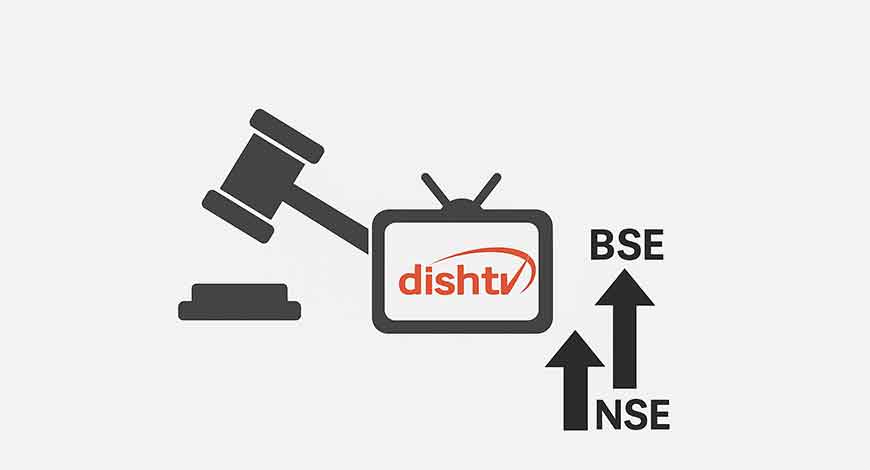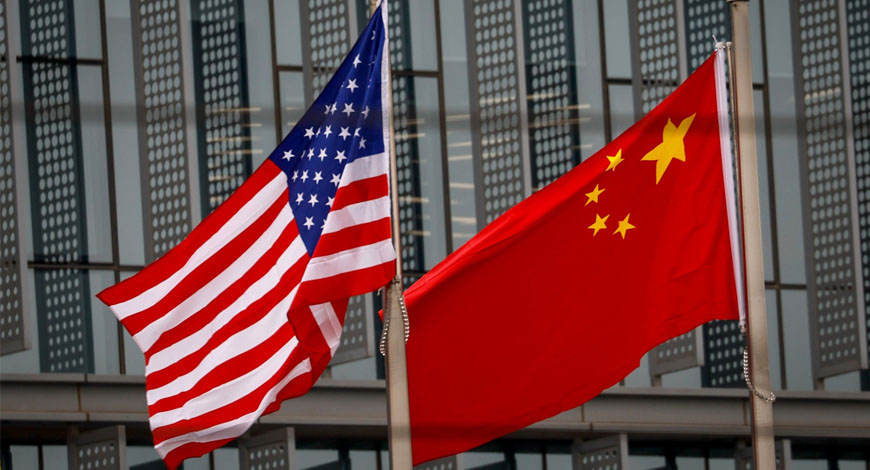Streaming continues to grab market share from traditional television, but cable isn’t going anywhere just yet. A blending of the two worlds that offers greater simplicity appears to be one reason why.
According to the research firm Nielsen, streaming accounted for 47.3% of the time spent watching TV in July, while cable had 22.2%, and broadcast had 18.4%. Fewer people are signed up to cable. IBISWorld, a second research firm, says the number of cable TV subscriptions in the U.S. has fallen to 66.1 million in 2025 from the peak of 105 million in 2010.
“Streaming platforms provide the most diverse content and quality original programming, driving growth in viewership market share and limiting consumer appetite for traditional TV,” Mark Boidman, head of media and entertainment at the investment bank Solomon Partners, told Barron’s.
Part of the problem for cable is that traditional media companies want their content to be where viewership is. As a result, some popular programs that were originally available on traditional channels have gone to streaming in a vicious cycle that further chips away at viewership on cable.
Love Island USA, which attracted record views this summer, was once available on CBS but now appears only on Comcast’s Peacock streaming service. The soap opera Days of Our Lives, which spent more than 50 years on NBC, can now be seen only on Peacock.
A second issue is that the new TV shows that spark “water cooler conversations,” now tend to come from the major streamers, Anthony Palomba, assistant professor of Business Administration at the University of Virginia Darden School of Business, pointed out to Barron’s. Examples include HBO Max’s White Lotus and Netflix’s Stranger Things.
Cable providers and their investors are keenly aware of this shift. Shares of Comcast have dropped 9.6% this year and Charter Communications stock is down 20%.
Still, cable is hanging on by offering content such as live sports that generally isn’t streamed, as well as by making changes to its business strategies. This includes offering bundled cable packages that include access to streaming services.
Spectrum TV’s Select Signature plan at around $100 a month includes streaming services like HBO Max, Peacock, Paramount + and Disney +. Optimum gives its customers access to a bundle that includes Disney + and Hulu for six months. Verizon’s myHome customers can choose to add streaming services for a discounted price to their internet plans. With Fios TV, customers can choose to add select streaming services like Paramount+ and MGM+.
“We see the traditional cable TV and streaming worlds living together for the foreseeable future,” a spokesperson for Optimum told Barron’s.
Bundling works, Scott Kessler, the global sector lead for tech, media and telecom at the investment research company Third Bridge, told Barron’s. “People feel like they’re getting value and they stick with it over time,” he said. “And I think that’s something that the cable companies have been at the forefront of, and I think you’re going to see more and more of that.”
Live sporting events are another major reason cable companies are holding on. Sports accounted for 75 of the shows on Variety’s list of the 100 Most-Watched Telecasts of 2024.
“Live sports coverage is one of the last remaining linchpins for traditional TV in the eyes of the consumer, particularly within older demographics,” Solomon Partners’ Boidman said.
Streamers are taking a piece of the action. Amazon.com is the only place NFL fans can watch Thursday Night Football, and viewers will need access to a Netflix account to catch all of the Christmas games this year. Disney, which launched a new ESPN app last week, said this month that ESPN will acquire NFL Network and other media assets owned and controlled by the NFL in exchange for a 10% equity stake in ESPN.
Another factor working in cable’s favor is the variety of streaming services that have emerged, and the vast range of content they offer. Third Bridges’ Kessler says that things have just gotten too complicated, and that could be stopping traditional cable customers from cutting the cord.
“The economics aren’t quite as favorable, because people kind of do the math and they say, ‘well how much do all these services add up to versus what I’m paying for cable?’” Kessler said.
Streaming providers have scope to fight back. Palomba, the Darden School professor, thinks one move that could benefit streamers would be to come together and make their own bundles of programming.
“Netflix, Amazon, and YouTube are flush with cash, tech oriented, future facing, and have unlimited resources,” Palomba said. “The best thing that Comcast, Warner Brothers, and Disney could do, frankly, is band together and figure out a bundling where everybody has access to all of it.”
Streamers are taking a piece of the action. Amazon.com is the only place NFL fans can watch Thursday Night Football, and viewers will need access to a Netflix account to catch all of the Christmas games this year. Disney, which launched a new ESPN app last week, said this month that ESPN will acquire NFL Network and other media assets owned and controlled by the NFL in exchange for a 10% equity stake in ESPN.
Another factor working in cable’s favor is the variety of streaming services that have emerged, and the vast range of content they offer. Third Bridges’ Kessler says that things have just gotten too complicated, and that could be stopping traditional cable customers from cutting the cord.
“The economics aren’t quite as favorable, because people kind of do the math and they say, ‘well how much do all these services add up to versus what I’m paying for cable?’” Kessler said.
Streaming providers have scope to fight back. Palomba, the Darden School professor, thinks one move that could benefit streamers would be to come together and make their own bundles of programming.
“Netflix, Amazon, and YouTube are flush with cash, tech oriented, future facing, and have unlimited resources,” Palomba said. “The best thing that Comcast, Warner Brothers, and Disney could do, frankly, is band together and figure out a bundling where everybody has access to all of it.” Barrons









